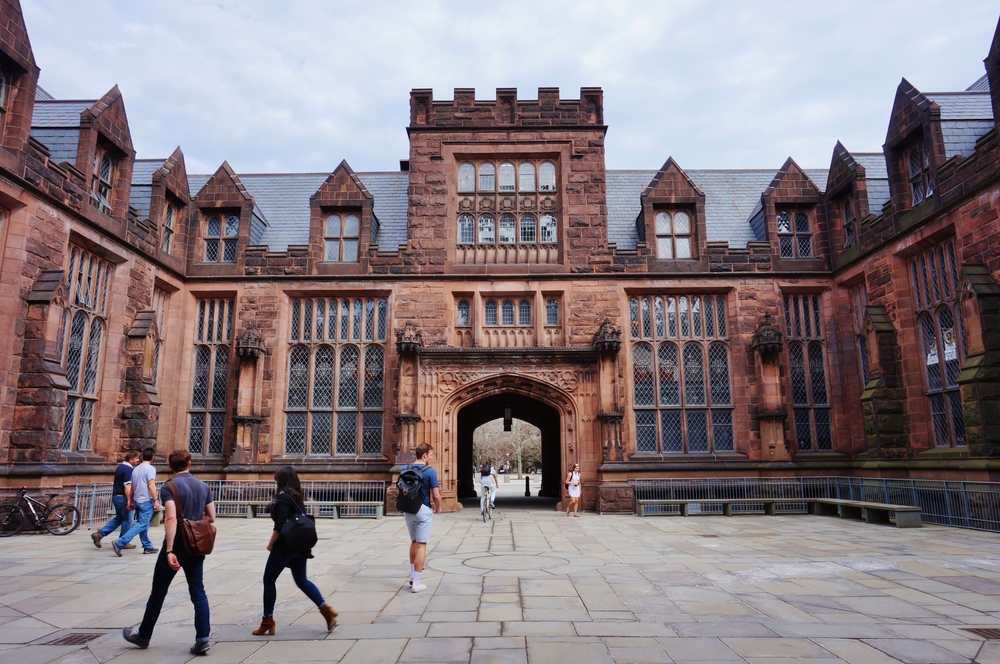The recent displaying of the bones of Black children killed in a 1985 police bombing in an online course at Princeton University has stirred up discussions on how human remains should be handled in academia.
In the course, the bones were presented as artifacts — without the consent of the children’s parents.
Around 5,000 students were enrolled in the class hosted by online course platform Coursera. The course was taught by Janet Monge, an anthropology professor at both the University of Pennsylvania and Princeton University.
1985 MOVE Bombing
In 1985, the Philadelphia Police Department bombed a residential home believed to have been occupied by the militant Black separatist group MOVE. Five children and six adults were killed, while 61 homes were burned as the fire spread.
One of the bones displayed in the Princeton course belonged to 14-year-old “Tree” Africa. Michael Africa Jr, a MOVE member who was six at the time of the bombing and a friend of Tree, disapproved of Princeton’s use of the bones.
“Nobody said you can do that, holding up their bones for the camera. That’s not how we process our dead. This is beyond words. The anthropology professor is holding the bones of a 14-year-old girl whose mother is still alive and grieving,” Africa Jr told The Guardian.
He stated that discovery of the online course was “such a shame, such a tragedy. After 36 years we find out that not only were these children abused and mistreated and bombed and burned, they haven’t even been allowed to rest in peace.”
Call for Reparations
The controversy has also captured the attention of Pennsylvania activist Abdul-Aliy Muhammad, who called for reparations from Princeton and Penn in an op-ed for The Philadelphia Inquirer.
“In the aftermath of the MOVE bombing, the city showed neglect in assuring proper handling of the remains of the people who were killed,” Muhammad wrote.
He also said that people should not have to fight to discover that remains of Black people have been used as instruction when the family had no idea.

